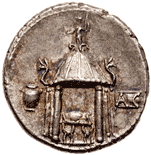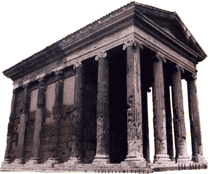Announcing the launch of a new web art project by J. R. Carpenter:
“How I Loved the Broken Things of Rome” is a web art project combining historical research, poetics, video and photography collected during an extended stay in Rome. This work reflects upon certain gaps between the fragment and the whole, between the local and the tourist, between what is known of history and what is speculative. Rome is among the largest and oldest continuously occupied archaeological sites in the world. Daily life is complicated, even for the locals. Everything is running late, circuitous, or quasi-rotto. Romanticism and pragmatism must coexist. In my struggles with slang, schedules, and social vagaries, I came to feel that understanding what was happening around me was less a question of acquisition of language, than one of overcoming the dislocation of being a stranger. There were days in Rome that I did not, could not, speak to anyone. Oxford Archaeological Guide and cameras in tow, I tried to capture something of the impossibly elusive and fragmentary nature of language amid Rome‚s broken columns, headless statues and other, often unidentifiable, ruins.
To SVR and Barbarina, le ringrazio molto.
http://luckysoap.com/brokenthings
“How I Loved the Broken Things of Rome” was produced with the support of OBORO, Residency Program, New Media Lab and the financial support of the Conseil des arts et des lettres du Québec.
. . . . .

